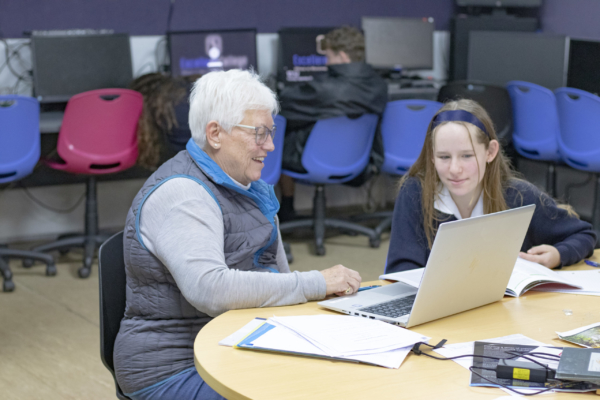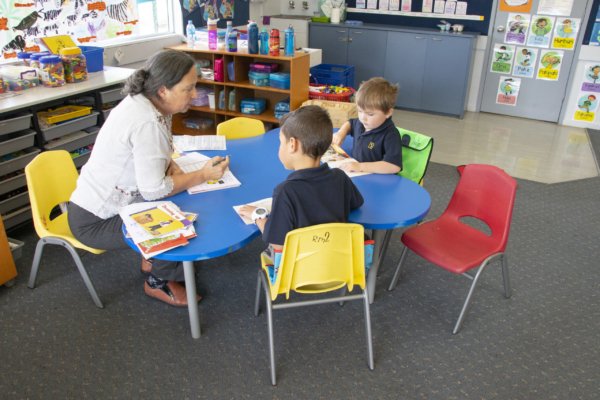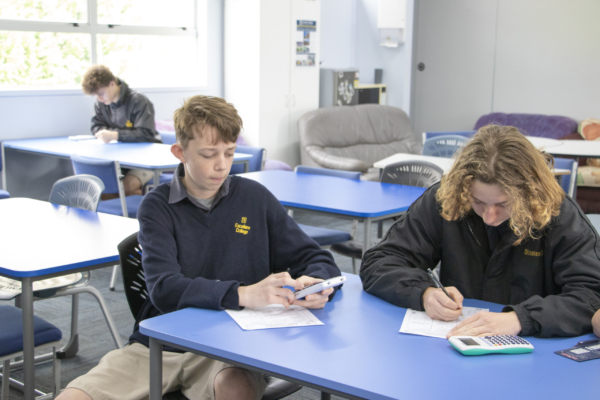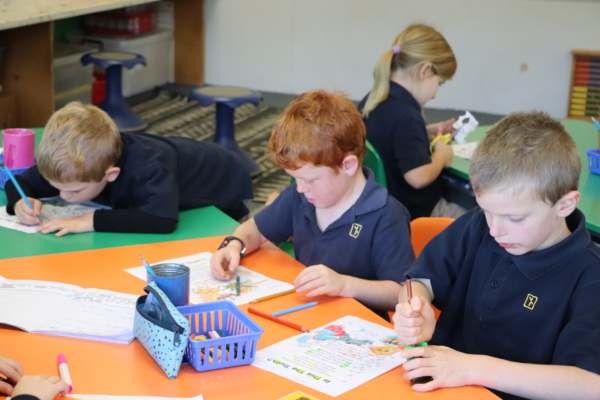Our Biblical theory of learning:
- Relationship
- Prayer
- Shepherding disciples
- Transformative
Within a Biblical theory of learning we have at our foundation a belief that aspects of critical and social constructivist pedagogy underpin our programmes.
Critical pedagogy proposes that learning is about the development of critical, rather than merely good, citizens. It is important that our students, and staff, are able to challenge, debate and respond to the changing world around them in a critical, enquiring manner.
Social constructivist pedagogy acknowledges that learning is not passive but is built up, over time, within a social context. The teachers, and peers, create a caring social environment where the student is challenged to enquire, explore, and reflect on authentic issues, problems and understandings in order to facilitate cognitive growth.
Key principles that underpin this pedagogy:
- Learning and development is a social, collaborative activity;
- The Zone of Proximal Development can serve as a guide for curricular planning;
- Learning should occur in a meaningful context and connected to other learning outside the school context.
Learning Expectations
The following are our core expectations for teacher practice in learning and teaching programmes.
Special Character
All learning has God’s purpose at its core and our teaching reflects that purpose through relationship, wisdom and guidance.
Creating a Supportive Learning Environment
Varied, visually engaging, flexible, learning beyond the walls evidenced.
Personalised learning a priority, priority learners/gifted & talented identified and catered for.
Encouraging Reflective Thought and Action
Deliberate reflective opportunities provided and evidenced for students
High standards, known by students, displayed, monitored by students/teacher
Enhancing the Relevance of New Learning
What specific learning could be (initial intention)
How they are doing (self-monitoring, formative feedback)
When they have achieved (success criteria)
How to deal with challenge (enquiry/problem solve)
What’s next? (feed forward)
Aspects of learning habits (core values/key competencies monitored)
Facilitating Shared Learning
Student voice/agency evident in learning context/delivery/presentation, on-going conversations around learning.
Student drafts/exemplars visible to all, authentic progress through drafts evident, shared amongst students.
Making Connections to Prior Learning and Experience
Real contexts/audience identified/used where appropriate, prior knowledge engaged, digital contacts/global commons used where appropriate, community links used where appropriate
Providing Sufficient Opportunities to Learn
Teacher-led/guided, Student-led/guided
3 input strategies evidenced to ensure student understanding
Effective Literacy Practice in evidence across all Learning Areas
Visual/oral/kinaesthetic strategies engaged where appropriate
Individual, peer, pair, group, class learning evidenced
Teaching as Inquiry
Relevant content and contexts, accessing prior knowledge and understanding, appropriate strategies for teaching, multiple learning opportunities, gathering data, analysing success, reflection on practice, next learning steps.
E-Learning
Used appropriately, mindful use through appropriate pedagogy, adds value to learning experience. Developing connections, sharing learning, supporting creativity and innovation, multiple experiences.




